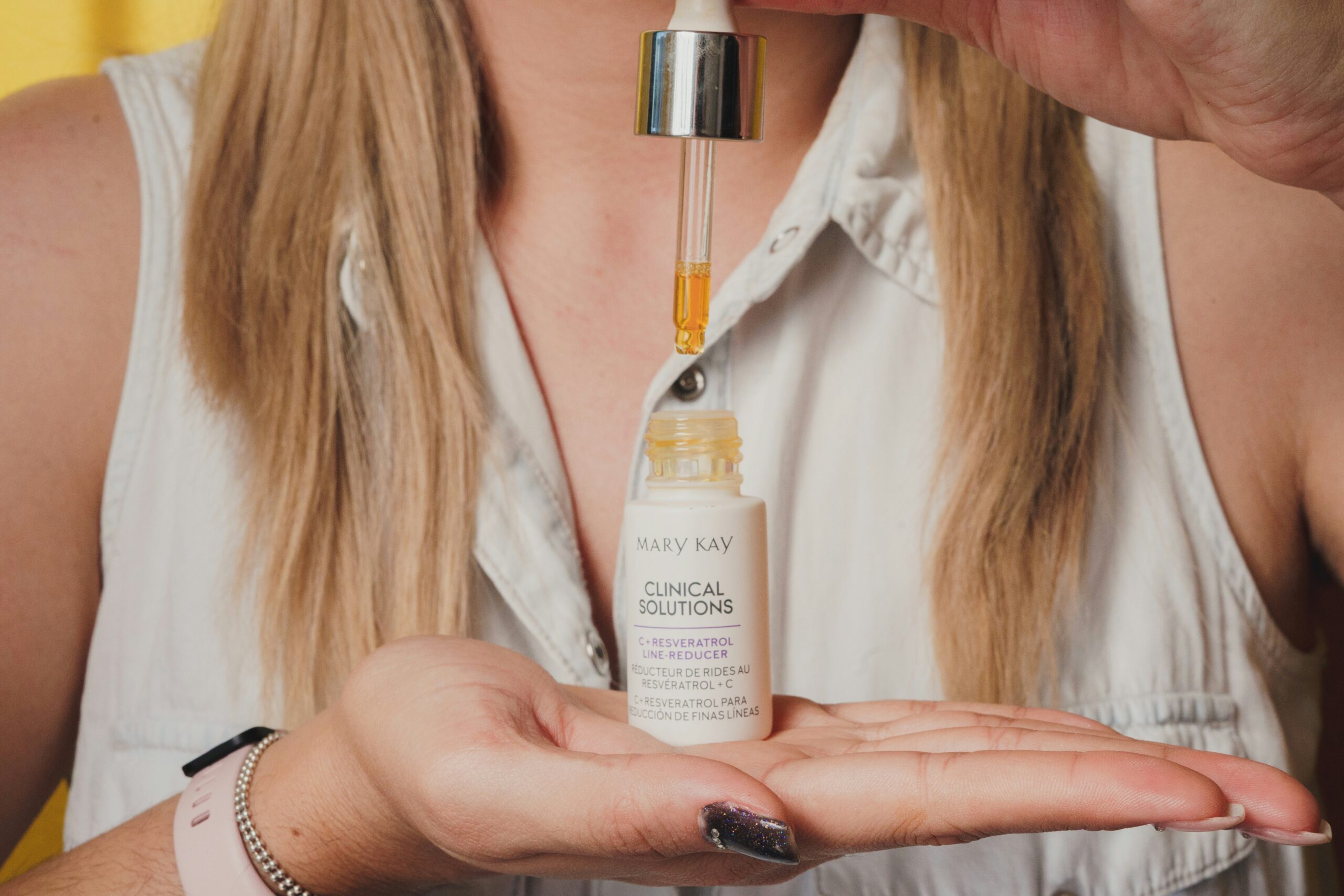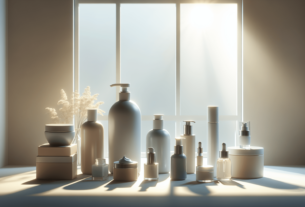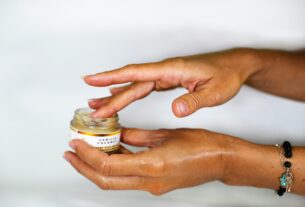Do you ever wonder how to achieve that radiant glowing skin you see on others? It can sometimes feel like an elusive quest, but with the right information and habits, you can unlock the secrets to beautiful, healthy skin. Here are ten skincare tips that will help you on your journey to achieving a luminous complexion.
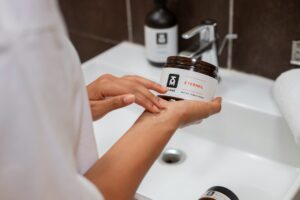
1. Hydrate, Hydrate, Hydrate
Your skin thrives on hydration. Drinking plenty of water is essential not just for your overall health but for your skin’s health, too. Aim for at least eight glasses of water a day. If you struggle to remember, using a reusable water bottle as a reminder can be helpful.
Benefits of Hydration
Proper hydration can enhance the elasticity of your skin, helping you to achieve that soft, supple texture. When your skin is well-hydrated, it is more capable of combating irritants and diseases.
Tips for Staying Hydrated
- Carry a water bottle with you throughout the day.
- Consume fruits and vegetables with high water content (like cucumbers, oranges, and watermelon).
- Limit caffeine and alcohol intake as they can dehydrate your body.
2. Never Skip Sunscreen
One of the most crucial steps in any skincare routine is applying sunscreen. Ultraviolet (UV) rays from the sun can cause severe damage to your skin, leading to premature aging and even skin cancer.
Choosing the Right Sunscreen
Look for a broad-spectrum sunscreen with at least SPF 30. Apply a generous amount to all exposed skin about 15 minutes before going out, and reapply every two hours, or more frequently if you’re swimming or sweating.
Myths About Sunscreen
- Myth: You don’t need sunscreen on cloudy days.
- Fact: UV rays can penetrate clouds and still damage your skin.
- Myth: Darker skin tones don’t need sunscreen.
- Fact: All skin tones are susceptible to UV damage.
3. Maintain a Consistent Skincare Routine
Consistency is key when it comes to skincare. Establishing a daily regimen that you can stick to will make all the difference in achieving and maintaining glowing skin.
Building a Routine
A basic skincare routine typically includes:
- Cleansing: Remove dirt, oil, and impurities from your skin. Use a gentle cleanser suitable for your skin type.
- Toning: Balances the skin’s pH and prepares it for the next steps.
- Moisturizing: Locks in moisture to keep your skin hydrated and soft. Choose a moisturizer based on your skin type.
Morning vs. Night Routines
- Morning: Focus on protection with antioxidants (like Vitamin C) and sunscreen.
- Night: Focus on repair with ingredients like retinol or peptides.
4. Exfoliate Regularly
Exfoliation removes dead skin cells that can make your complexion look dull and lifeless. Regular exfoliation helps in revealing fresh, glowing skin underneath.
Types of Exfoliation
- Physical exfoliation: Uses scrubs or brushes to manually remove dead skin cells. Be gentle to avoid irritation.
- Chemical exfoliation: Uses acids like AHAs (alpha-hydroxy acids) and BHAs (beta-hydroxy acids) to dissolve dead skin cells. These can be more effective with less risk of irritation when used correctly.
Frequency of Exfoliation
While exfoliating is beneficial, too much can lead to sensitivity and damage. Generally, 1-3 times per week is sufficient, depending on your skin type.
5. Eat a Healthy Diet
Your diet plays a significant role in the health of your skin. Consuming a balanced diet with plenty of vitamins and minerals can make a noticeable difference in your complexion.
Skin-Boosting Nutrients
| Nutrient | Benefits | Sources |
|---|---|---|
| Vitamin C | Promotes collagen production, fights free radicals | Citrus fruits, berries, bell peppers |
| Vitamin E | Protects skin from damage, promotes healing | Nuts, seeds, spinach |
| Omega-3 | Reduces inflammation, keeps skin moisturized | Fatty fish, flaxseeds, walnuts |
Foods to Avoid
- Sugary treats: Can lead to breakouts and skin aging.
- Processed foods: Often contain unhealthy fats and sodium that can impact skin health negatively.
6. Get Enough Sleep
Often called beauty sleep for a reason, getting enough rest is crucial for your skin. During sleep, your body goes into repair mode, healing the daily damages and regenerating skin cells.
The Importance of Sleep
Lack of sleep can result in dark circles, puffiness, and a dull complexion. Aim for 7-9 hours of quality sleep each night to help your skin replenish.
Tips for Better Sleep
- Establish a regular sleep schedule.
- Create a relaxing bedtime routine.
- Limit screen time before bed to avoid blue light exposure.
7. Manage Stress
Stress can wreak havoc on your skin, as it triggers the release of cortisol, which can lead to breakouts and other skin issues. Managing stress is not only beneficial for your overall well-being but also for maintaining your skin’s health.
Stress-Relief Techniques
- Mindfulness meditation: A few minutes of deep breathing can significantly lower stress levels.
- Exercise: Physical activity releases endorphins, which improve your mood and reduce stress.
- Hobbies: Engaging in activities you enjoy can take your mind off stressors.
Effects of Stress on Skin
- Increased oil production, leading to breakouts.
- Reduced ability to retain moisture.
- Aggravation of skin conditions such as eczema, psoriasis, and rosacea.
8. Avoid Touching Your Face
It’s tempting, but frequently touching your face can transfer dirt, oil, and bacteria from your hands to your skin, leading to breakouts and other skin issues.
Why It’s Important
Your hands come into contact with many surfaces throughout the day, accumulating germs. When you touch your face, you transfer these germs onto your skin, which can cause irritation and infections.
Tips to Break the Habit
- Be mindful and conscious of the habit.
- Keep your hands occupied, such as by holding a stress ball.
- Keep your hands clean by frequently washing them with soap and water.
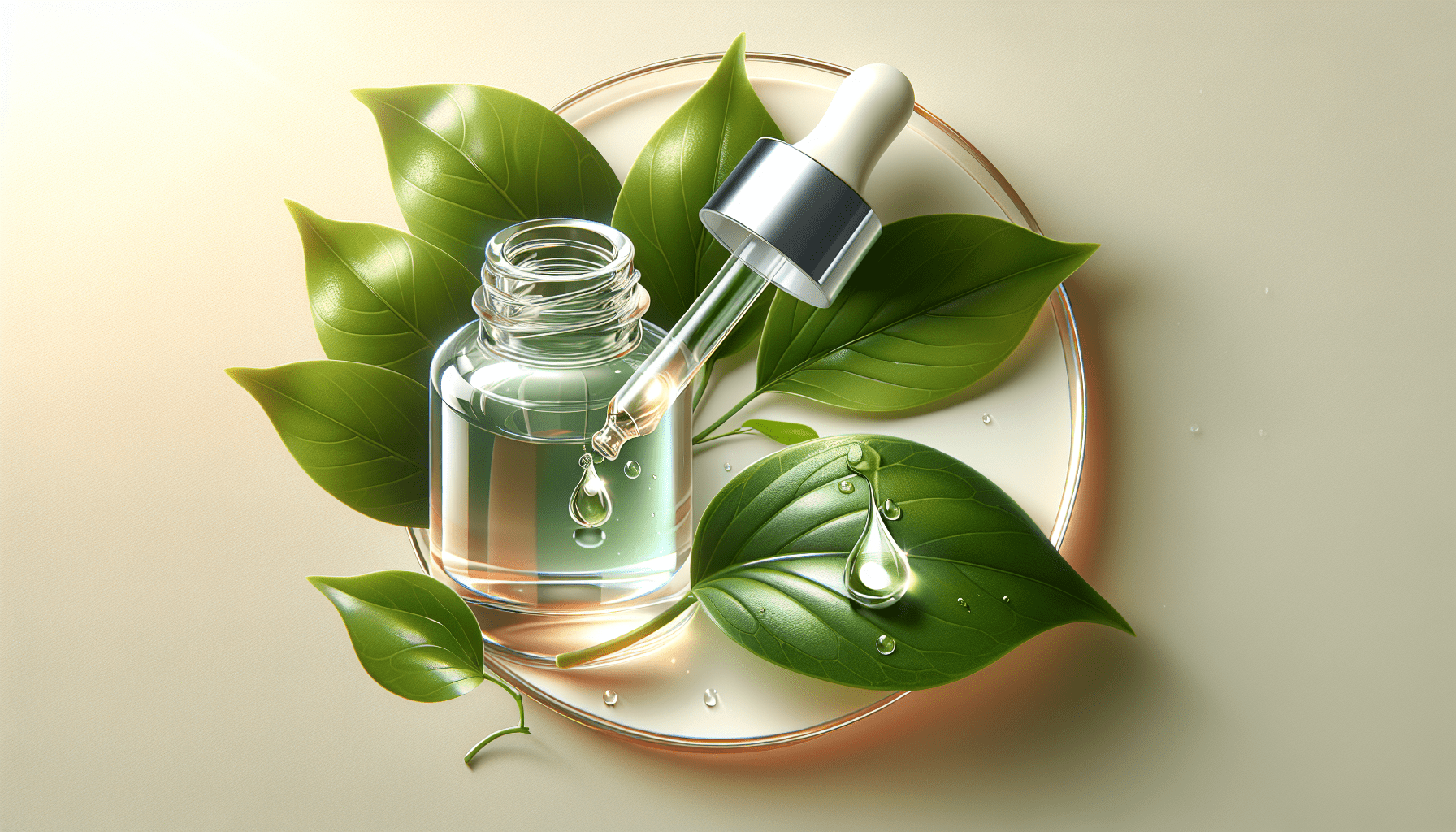
9. Pamper Your Skin with Masks and Treatments
Regularly treating your skin to masks and treatments can provide it with additional nutrients and hydration. These can be tailored to your specific skin concerns, whether it’s dryness, acne, or aging.
Types of Masks and Treatments
- Hydrating masks: Great for providing an extra moisture boost.
- Clay masks: Help in controlling oil and minimizing pores.
- Sheet masks: Infused with various serums for different skin concerns.
- Peel-off masks: Help in removing impurities and dead skin.
How Often to Use
- Hydrating and sheet masks can be used 1-2 times per week.
- Clay and peel-off masks might be best used once a week to avoid over-drying the skin.
10. Know Your Skin Type
Understanding your skin type is the foundation of any effective skincare routine. Knowing whether your skin is oily, dry, combination, or sensitive will help you choose the right products and treatments.
Identifying Your Skin Type
- Oily Skin: Enlarged pores, shiny complexion, frequent breakouts.
- Dry Skin: Flaky, rough texture, tight feeling after washing.
- Combination Skin: Oiliness in the T-zone (forehead, nose, chin) with dryness in other areas.
- Sensitive Skin: Easily irritated, prone to redness and itchiness.
Tailoring Your Routine
Choose products designed for your skin type to avoid adverse reactions and to maximize benefits:
- Oily Skin: Look for light, oil-free moisturizers and non-comedogenic products.
- Dry Skin: Opt for rich, hydrating creams and avoid stripping cleansers.
- Combination Skin: Use products that balance oil without over-drying.
- Sensitive Skin: Stick to gentle, fragrance-free products.
Conclusion
Now that you have these ten insightful tips to guide you, achieving glowing skin seems more achievable, doesn’t it? Remember that skincare is a journey, not a destination. It’s about creating habits that support the health of your skin. With patience and consistency, you’ll be well on your way to radiant, glowing skin. So, start today, embrace these practices, and enjoy the beautiful glow that comes with taking care of yourself.
Nothing is more beautiful than healthy, glowing skin that reflects your inner well-being. Make these tips part of your daily routine, and let your skin shine.
